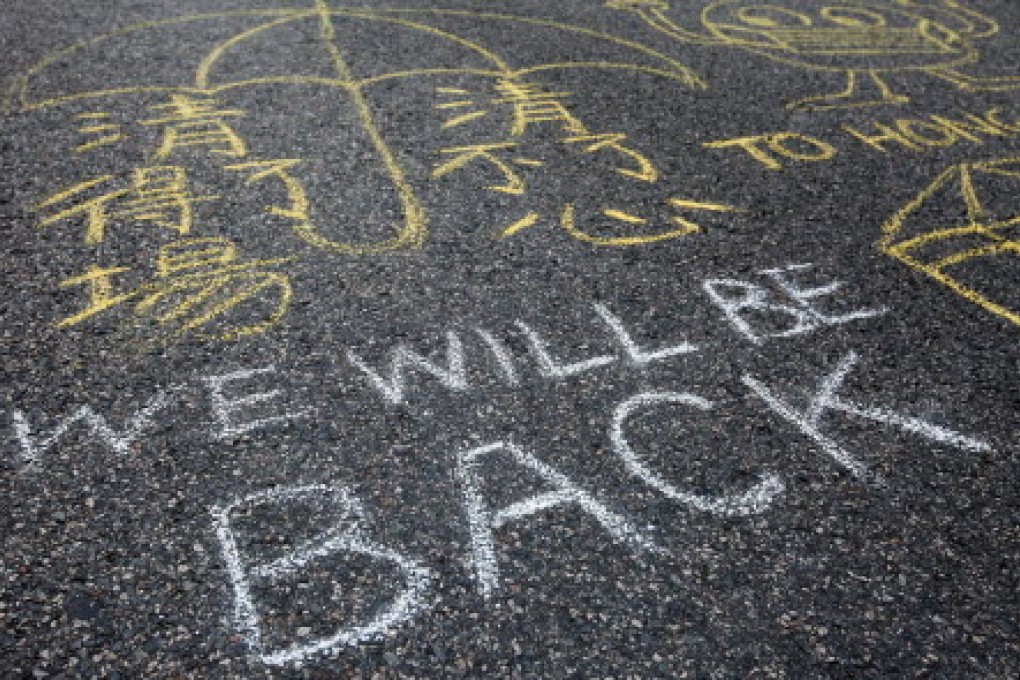The View | Causes and consequences of more time and money

Many reports describe the Occupy Movement as a conflict between two generations: an older generation that is more materialistic and willing to compromise and a younger generation that is more idealistic and confrontational.
This conflict is influenced by both life cycle differences and secular trend differences.
The life cycle difference is summed up by the idea that young and old differ because the young have yet to live through the life experiences of their parents or grandparents.
But this is not how Chester Tsang, a 21-year-old part-time student, who participated in the Occupy Movement, sees it: “It isn’t only about fighting for democracy, we have different social needs. My generation, we care about social justice. My mother’s generation cared about a roof over their heads. My grandmother’s generation, they just wanted warm food on their table.”
This second kind of generational difference is the result of economic growth. Secular economic trends drive each generation to want different things and to behave differently.
The young are often too eager to view rising inequality as the product of social injustices
The phenomenal economic growth of the past two centuries has increased the amount of time and money each person now possesses. From the years 0 to 1850, GDP per capita rose only slightly from US$467 to US$666. By the year 2000, it had shot past US$10,000.
